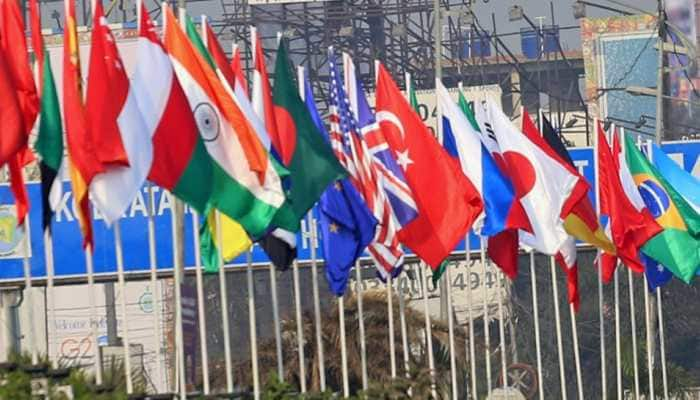Telecom providers can offer services to the border region: DoT
The Department's announcement will make it simpler for telecom providers to offer services in the regions where services are scarcely available now. As per the DoT's circular, "The revision is an integral element of the Unified License Agreement, and all other Terms & Conditions must remain intact."
- Telecom providers can offer services to residents of border regions.
- The central govt. has simplified the rule by altering the license's associated restrictions.
- Earlier, telecom services could only be installed with the prior clearance of the local army authorities.
Trending Photos
) File Photo
File Photo New Delhi: Telecom providers can offer services to residents of border regions like Leh, Ladakh, Jammu and Kashmir, and Arunachal now. The central government has simplified the rule by altering the license's associated restrictions. The Department of Telecommunications (DoT) made a significant judgement by allowing Telecom Service Providers (TSPs) to offer access close to the international border.
The Department's announcement will make it simpler for telecom providers to offer services in the regions where services are scarcely available now. As per the DoT's circular, "The revision is an integral element of the Unified License Agreement, and all other Terms & Conditions must remain intact." (Also Read: OMG! Original unopened 2007 Apple iPhone sold for WHOPPING Rs 28 lakh)
The government has modified the Unified Access Services License Agreement's terms as a result (UASL). With this, telecom service will launch in numerous locations, including Leh, Ladakh, Jammu, Kashmir, Sikkim, Arunachal, Rajasthan, and Uttarakhand, which are border regions. There are no longer any requirements for the Army's clearance or review of telecom service along the LoC and International Border. (Also Read: YouTube Shorts arriving soon on smart Android TVs)
As per the industry experts, the relaxation of the security exercise will support mobile rollouts in border regions and enhance current mobile coverage. For instance, many Indians living in the border areas are frequently tethered to nearby mobile networks across the border in Bangladesh, China, or Pakistan as the mobile signals of Indian carriers weren't available due to the coverage restrictions. In that border areas will now connect to domestic carriers since local mobile coverage will be deeper and stronger.
The telecom operators were required to make sure that the base station, cell site, or radio transmitter was as far from the border as the radio signal, according to the previous regulations set down by the DoT. The signals coming from that region diminish when they are near or crossing an international border. Additionally, base stations, cell sites, and radio transmitters could only be installed with the prior clearance of the local army authorities.
Stay informed on all the latest news, real-time breaking news updates, and follow all the important headlines in india news and world News on Zee News.
Live Tv







)
)
)
)
)
)
)
)
)
)
